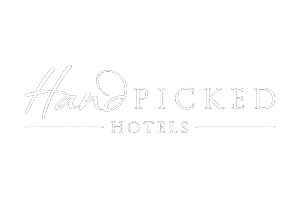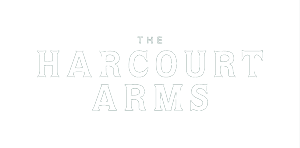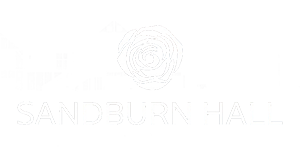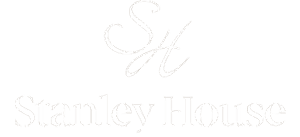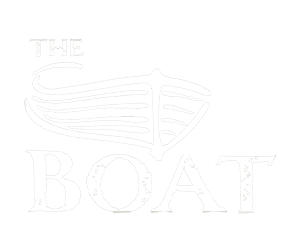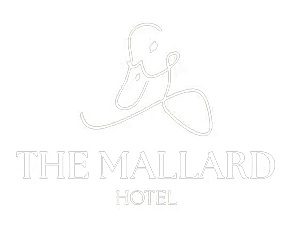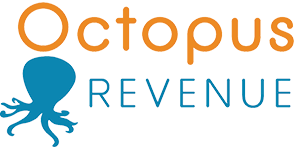
Revenue management strategies: go back to basics for your hotel recovery plan
For those of us whose work is focussed entirely on hotel revenue management, it can be quite easy to forget that the basic revenue management strategies we implement every day don’t come as second nature to everyone within the hospitality industry.
Now that there is an end in sight for the coronavirus lockdown, we thought it would be a good time to go back to basics, with revenue management strategies to help guide your hotel recovery plan.
Hotel revenue management: The basics
In a nutshell, the goal of revenue management is to “sell the right room, at the right time, to the right customer, at the right price, through the right channel”.
To do this, revenue managers implement dynamic pricing, based on demand, to optimise revenue.
A revenue manager will track, analyse, predict and react to data from what can be a vast number of factors. This could include the time of year, the level of competition, the number of rooms already sold, any coinciding events – the list goes on and on.
All this data will be used to set the optimum rates for your hotel rooms on any given day.
But, of course, we aren’t only interested in the rate a room sells at – all aspects of hotel life are encompassed, because all aspects of hotel life will impact on your eventual hotel revenue.
Your revenue management strategy should also factor in opportunities for upselling revenue streams such as food, entertainment, spa packages, etc.
There are three main points of leverage available to the revenue manager: Price, yield and marketing. Knowing when to switch these controls on and off is key to an effective revenue management strategy.
First step of revenue management: forecasting
Your approach to pricing, yield and marketing all comes back to the first step of revenue management: forecasting.
Revenue managers focus on two types of forecasting – constrained performance forecasting and unconstrained demand forecasting.
Constrained performance forecasting is relatively straightforward. It is an estimate of how well you expect rooms to sell and is “constrained” by the number of rooms available. Experienced revenue managers and hotel managers will generally be able to make fairly accurate predictions of this, and back it up with historical data, current market conditions and competitor tracking.
Unconstrained demand forecasting is a little more complicated and, arguably, more of an art form.
Rather than a prediction of how many rooms you’ll sell, it is a prediction of the potential demand for your rooms, and is unconstrained by factors such as the actual number available, your cash flow, materials etc.
So you may have 100 rooms available and resources to service 80 rooms, but if you expect 200 people to want your rooms, then your unconstrained demand forecast will be for 200.
Analysing your unconstrained demand forecast can allow you to optimise price, making sure you capture yield opportunities when demand exceeds supply and you are able to sell at higher rates.
Your revenue management strategy will take on board both your constrained performance and unconstrained demand forecasts.
When to use your revenue management levers
Once you have your forecasts in place, you can adjust your price, yield and marketing to suit.
Raising or lowering your price is the simplest strategy. Raising your price can clearly increase revenue, but if demand is too low you risk reducing your bookings. Lowering your price can make rooms more attractive to more potential buyers, but set rates too low and you’ll again be missing out on potential revenue.
Yield is related to but not the same as price. It involves opening and closing rates, room types or sales channels, controlling the availability of rooms.
Marketing can be an extremely effective tool, but needs more advance planning than manipulating price or yield to have the biggest impact. Marketing to the right audience at the right time can be one of the most effective ways to increase demand and, consequently, revenue.
Once you know where to start with your revenue management strategy, you can begin to accumulate and analyse the data you need.
If you need further help, advice, or training, Octopus Revenue is here for you. Our online courses in revenue management can get you up to speed with the latest industry know-how. Alternatively, our outsourced revenue management and consultancy services can create a revenue management strategy that will put your hotel recovery plan into action.
